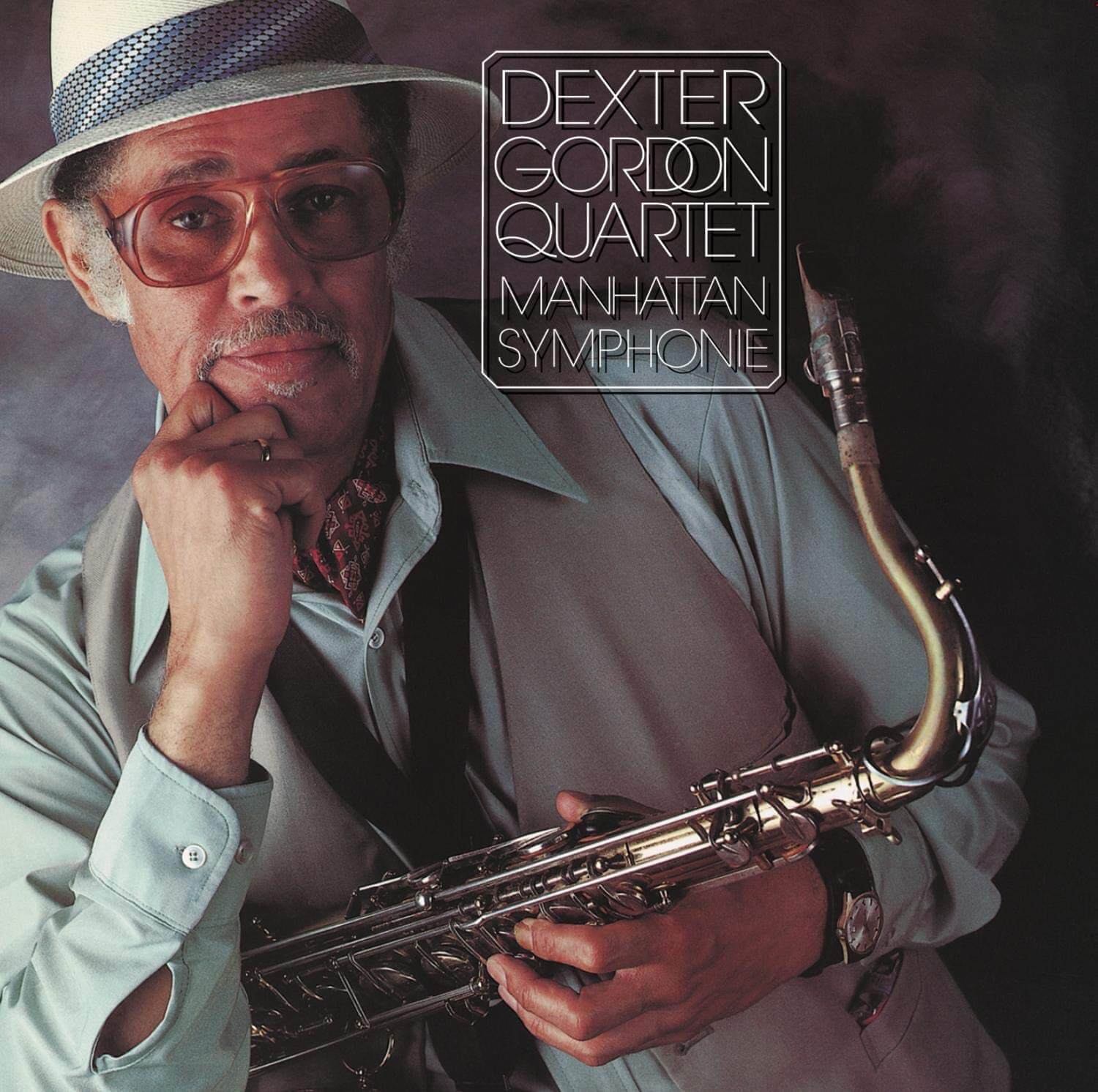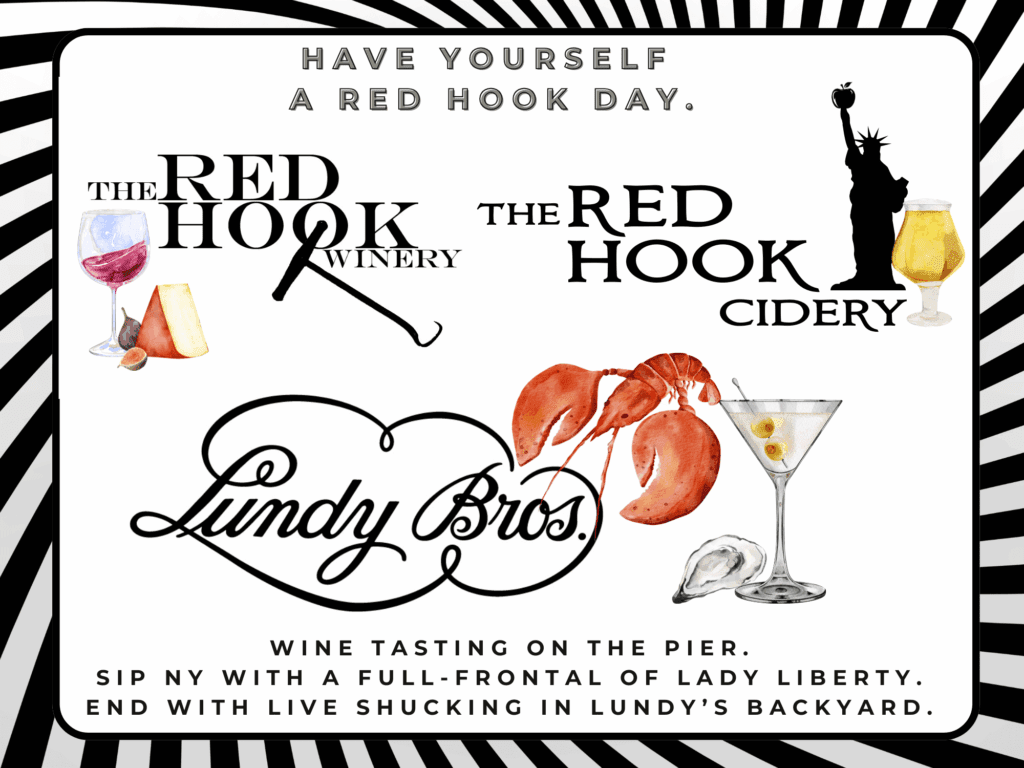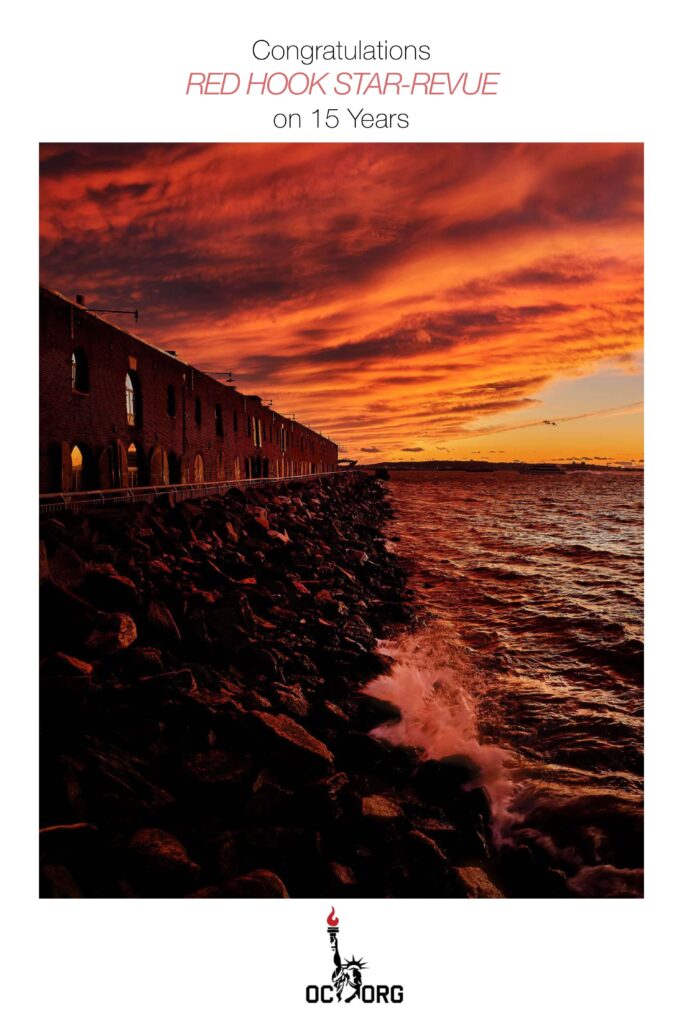Yeah, yeah, yeah, yeah
Yeah, fuckin’ with some wet-ass pussy
Bring a bucket and a mop for this wet-ass pussy
Give me everything you got for this wet-ass pussy
“WAP,” it’s the song of the summer, even though summer was cancelled by the coronavirus. So, not much of a summer, and truth be told not much of a song. Once you get past the NSFW lyrics and video, the production sounds pretty rote, phoned-in, the beats aren’t anything more than the kind of loop you can pull out of Garageband, and even the performances aren’t that sharp. The song sounds like Cardi B., Megan Thee stallion and whoever else was in the recording booth realized that lines like, “Hop on top, I wanna ride / I do a kegel while its inside” were all they needed to make a hit. And they weren’t wrong. As Ian Faith, manager of the notorious band Spinal Tap, said, “sex sells.”
Cue the moral panic, the concerned adults of America, the desperately pathetic heavily subsidized dweebish scolds like Ben Shapiro. If Trump gets reelected, I’d put money down on some self-identified liberal in The New Yorker or The New York Times typing out 800 words of pap about how “WAP” is the reason why Trump one. To that notion, as a jazz player/lover/writer, I say (if my editor permits) fuck that shit.
Human beings have been having sex for a long time, it’s why we’re all here. And humans have been making music for a long time too, two great tastes that go great together. It is a matter of historical record that there’s been music about sex (and drinking and all the other fun stuff) since there’s been any kind of civilization, if not before. And jazz, believe it or not, has been part of that great tradition.
Why the possible disbelief? Ever since the neo-traditionalist revival pioneered by Wynton Marsalis, jazz has had a lot of its edges sanded down. With moneyed institutions like Lincoln Center behind it, there’s been a need to make it safe for a broader public, which in America pretty much means a white, middle-class audience.
At the roots, jazz was embedded in American popular culture, and even back to the 19th century there were songs about getting high and getting down. In 1928, when Louis Armstrong and Fatha Hines were discussing if it’s “tight like this,” they were talking about something pretty specific, something like that bowl that Bessie Smith sang needed some sugar down in it. Early in the 20th century, jazz was a staple in the saloons and whorehouses of Storyville, and there’s a good argument that before the word referred to music, “jazz” was a term for making the beast with two backs.
Jazz has been respectable for a long time now, and along with that it’s been, for decades now, a music very much about itself—I hear again and again music that is about how jazz is played, how the rhythms work and how the phrasing is supposed to go. I read titles that refer to topical political and social issues (though the music captures none of this in sound). This is all sincere and extremely well done. But I don’t hear a lot of rejection of this bourgeois society that has put jazz on a pedestal, don’t hear a lot of what’s happening on the streets of the city. At least we have Cardi B. and Megan Thee Stallion for that. — I will admit upfront that I was not a big Pete Hammill fan. For everything I enjoyed from him on boxing and comic strips, there were things that were off-putting, particularly a New York City, Irish-American sentimentality and parochialism that instinct tells me is phony at best and manipulative at worst. His hysteria about the Central Park Five, which I read in real time, was an upsetting window into how people who imagined themselves socially liberal were so attached to a materialist notion of order that it made it easy for them to excuse their own racism. And as I’m an apostate on Bob Dylan (I’d rather listen to Self Portrait or Time Out of Mind than the Basement Tapes, and since he started recording standards he’s just been phoning it in and cashing checks), the Blood On the Tracks liner notes never meant much to me.
But, in 1978, Columbia released Dexter Gordon’s Manhattan Symphonie. I probably first heard it the next year, when I switched from flute to baritone saxophone and my best friends in the high school band and I were getting into jazz. I don’t think any recording, not Bitches Brew, not the New York Philharmonic playing Luciano Berio’s Sinfonia, not anything by Cecil Taylor or Stevie Ray Vaughan, Elvis Costello or Charles Ives, James Brown or Gustav Mahler, has had such an effect on me. Manhattan Symphonie made me want to play jazz, Gordon’s buttery, masculine sound was one I tried to emulate for far too long, his solos on “As Time Goes By” and “Body And Soul” and “Tanya” made such sense to me that I could hear fucking words in each note. He made jazz, for me, not just something that sounded great but was logical, that made sense and also made sense out of my own confused adolescent thinking. And Pete Hammill wrote the liner notes for this album, and I read them each time I put it on, which was dozens of times. So Hammill left a mark in me that will continue to last as long as I live, one that, because it began a path that led me to, in this moment, write these words that you are now reading, is passed on to you. Thank you, reader, and here’s to you Pete.
Author
-

George Grella wrote the book on Miles Davis’ Bitches Brew. He write other stuff too. killyridols.substack.com/
View all posts
George Grella wrote the book on Miles Davis’ Bitches Brew. He write other stuff too. killyridols.substack.com/
Discover more from Red Hook Star-Revue
Subscribe to get the latest posts sent to your email.











